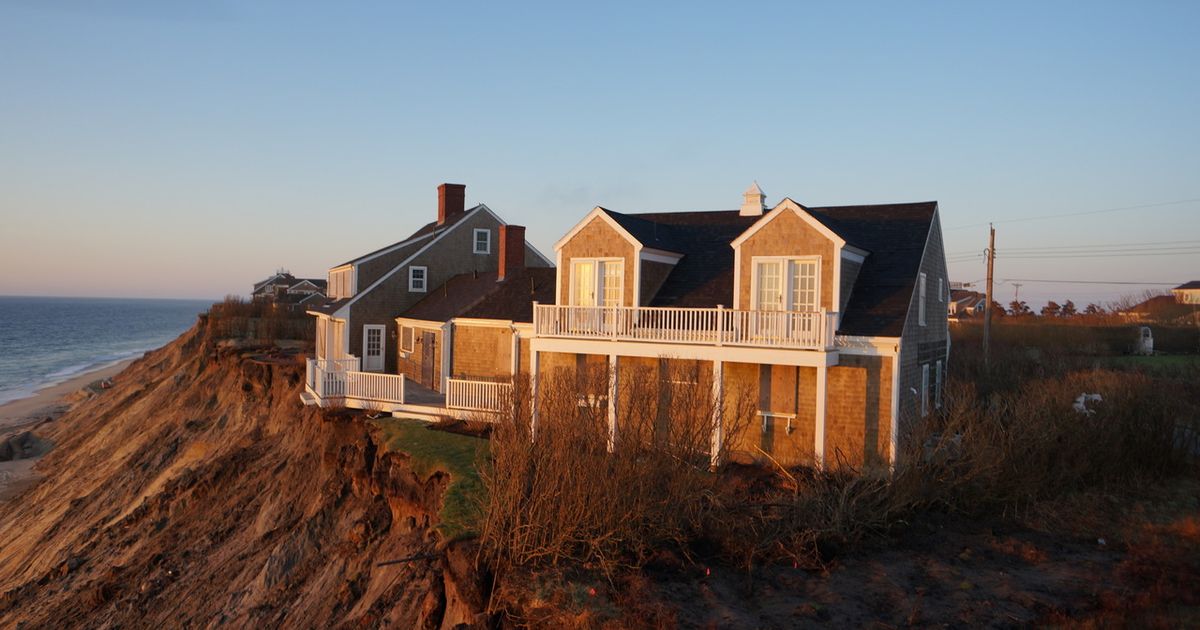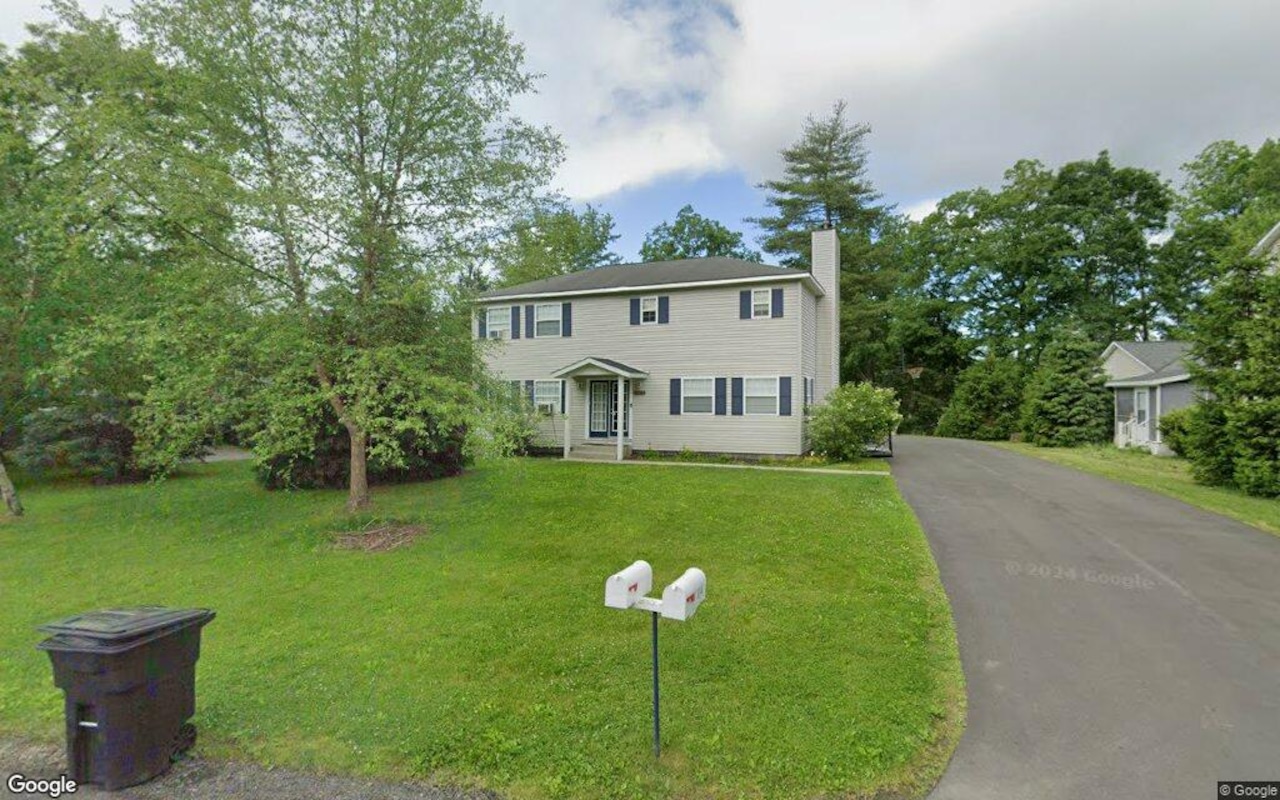A
multimillion-dollar home perched on the edge of Sconset Bluff in Nantucket is a prime example of the island's precarious relationship with climate change. Don Vaccaro, founder of TicketNetwork, bought the house despite its uncertain future, admitting it may not survive the year. The sellers had hoped to spend one last summer there but shifted course after winter storms brought the beach perilously close.
Nantucket is a 48-square-mile island where multimillion-dollar homes are falling into the ocean at an alarming rate. The median price for a single-family home was $3.2 million in 2023, up from $1.86 million in 2019. Waterfront homes not immediately threatened by climate change continue to trade for ever-higher sums.
Homeowners like Vaccaro are willing to take the risk of losing their properties to erosion in exchange for a bargain price. Shelly Lockwood, a Nantucket real-estate agent, notes that there is now a small submarket of homes that people are willing to lose. These buyers can slap some white paint on it, fill it with Ikea furniture, and rent it out for $30,000 a month.
Nantucket's coastal-resiliency report projects that in the next 50 years, 2,373 structures will be at risk from coastal flooding and erosion. Steamboat Wharf would be "completely cut off from surrounding roadways at mean monthly high water." The airport is also at significant risk of damage and disruption.
Despite the risks, some homeowners are taking action to mitigate the effects of erosion. Architect Chip Webster specializes in helping homeowners move their mansions before they fall into the sea. He's worked on several projects, including the historic En Fin mansion, which was moved 80 feet to the north and 60 feet to the east at a cost of $1.6 million.
However, not all homeowners have the resources or options to take such drastic measures. Some are limited by what they can afford to do or what they're allowed to do under Nantucket's regulatory environment. The town has denied permits for some coastal interventions, citing concerns about interfering with a beach's natural behaviors and causing erosion elsewhere.
The battle over geotubes installed on Sconset Bluff is ongoing, with homeowners appealing to the state after their application was denied by the town. The project has been at a standstill for years, mired in disagreement about what coastal interventions should be allowed.
Some buyers are willing to take the risk of buying a waterfront house on Nantucket despite the uncertain future. They believe they'll be the exception and that their property will last longer than others. However, as one broker noted, "You look at these projections and think, 'Oh, 11 feet a year, that seems manageable.' But then you lose 70 feet in one storm and there goes your plan."















